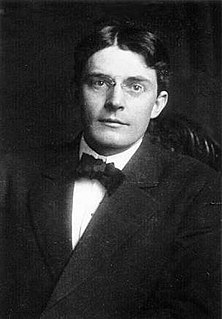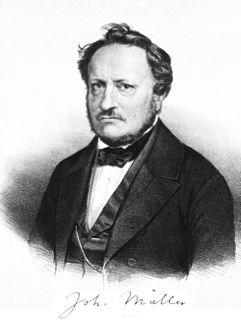A Quote by John B. Watson
Psychology, as the behaviorist views it, is a purely objective, experimental branch of natural science which needs introspection as little as do the sciences of chemistry and physics.... The position is taken here that the behavior of man and the behavior of animals must be considered in the same plane.
Related Quotes
We suppose that could be considered a hedged position for the awards committee, one that would never occur in the hard sciences such as physics and chemistry, where a prize shared among three with divergent views would be an embarrassing mistake or a bad joke. While a Nobel Prize might well be the culmination of a life’s work, shouldn’t the work accurately describe the real world?
The most powerful influence exercised by the Arabs on general natural physics was that directed to the advances of chemistry ; a science for which this race created a new era.(...) Besides making laudatory mention of that which we owe to the natural science of the Arabs in both the terrestrial and celestial spheres, we must likewise allude to their contributions in separate paths of intellectual development to the general mass of mathematical science.
17th century philosophers were not in a position to understand the mind as well as we can today, since the advent of experimental methods in psychology. It shows no disrespect for the brilliance of Descartes or Kant to acknowledge that the psychology which they worked with was primitive by comparison with what is available today in the cognitive sciences, any more than it shows disrespect for the brilliance of Aristotle to acknowledge that the physics he worked with does not compare with that of Newton or Einstein.
Without an acquaintance with chemistry, the statesman must remain a stranger to the true vital interests of the state, to the means of its organic development and improvement; ... The highest economic or material interests of a country, the increased and more profitable production of food for man and animals, ... are most closely linked with the advancement and diffusion of the natural sciences, especially of chemistry.
Human behavior is subject to the same laws as any other natural phenomenon. Our customs, behaviors, and values are byproducts of our culture. No one is born with greed, prejudice, bigotry, patriotism and hatred; these are all learned behavior patterns. If the environment is unaltered, similar behavior will reoccur.
When you look at any experimental work not directly related to economics, but trying to test rational behavior in other ways, experiments have conspicuously failed to show rational behavior. Macro evidence certainly suggests deviations from rationality, but I don't want to say the rationality hypothesis is completely wrong. If you have any introspective idea or experimental idea about people's behavior, it seems to be incompatible with the really full scale rational expectations.






































